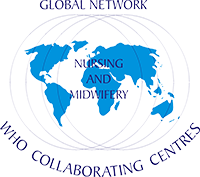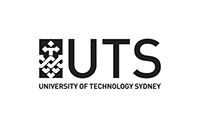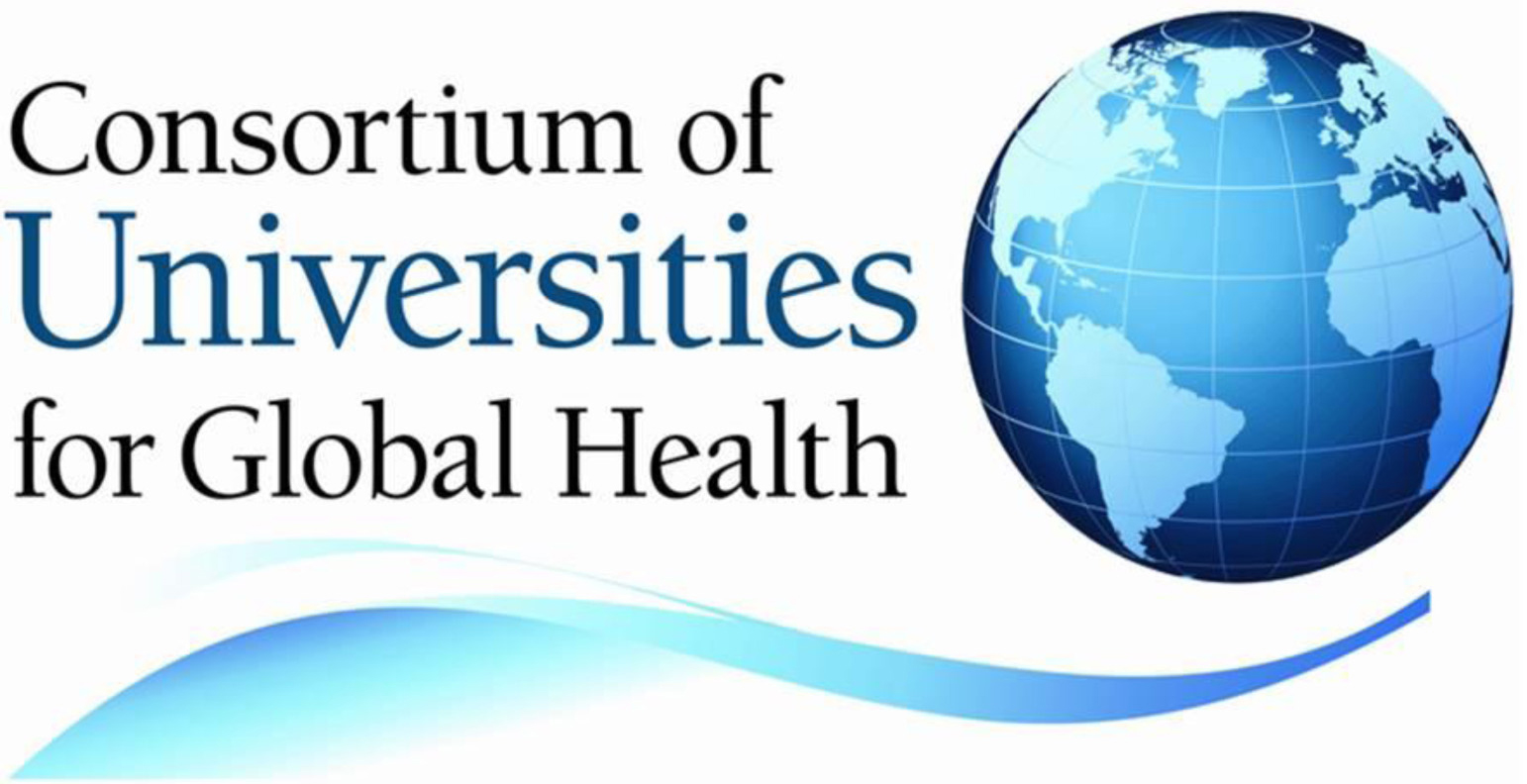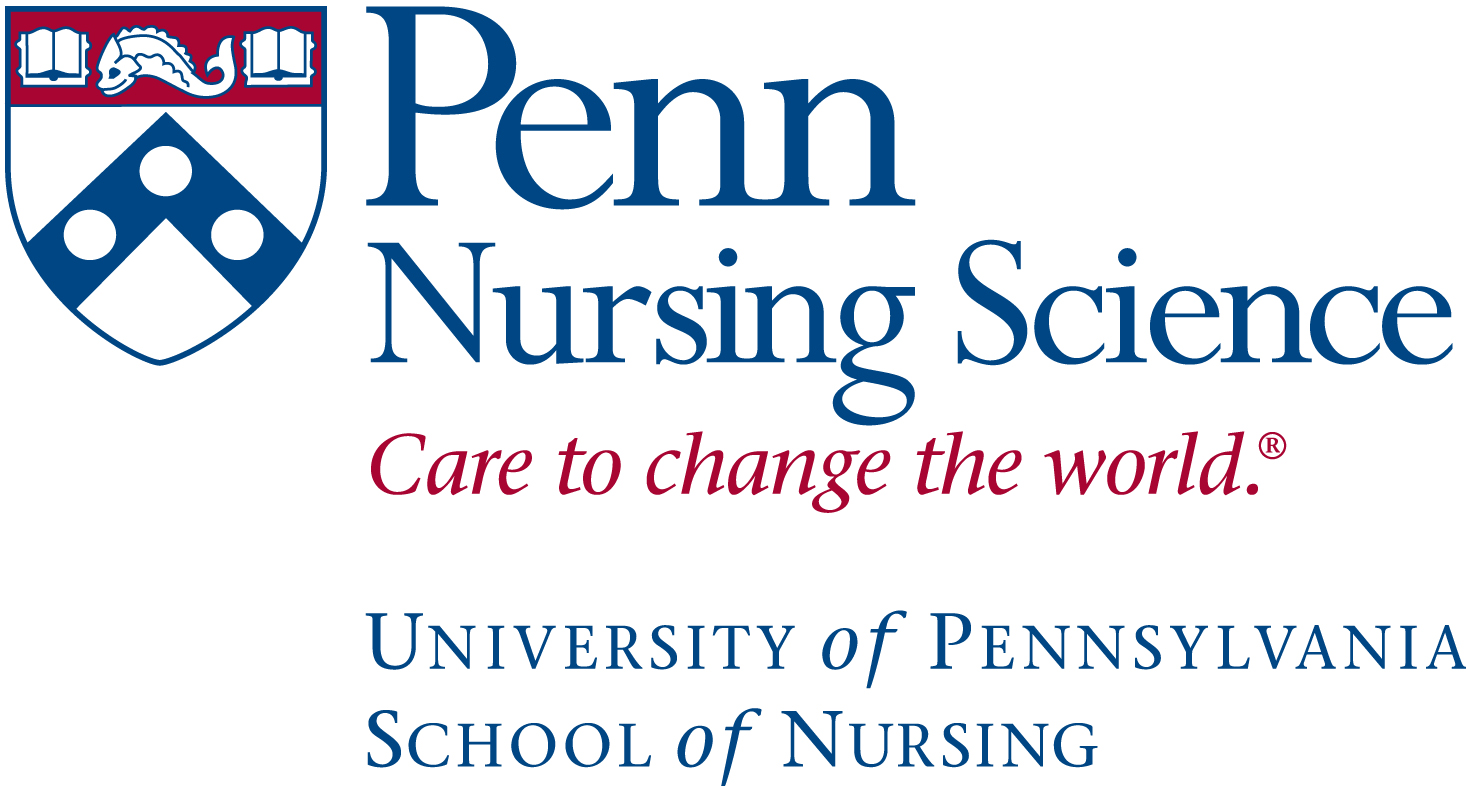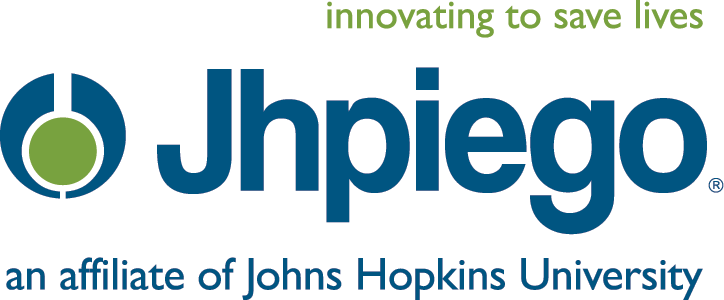*This session is organized by the Johns Hopkins School of Nursing and is part of the International Council on Women’s Health Issues 2016 Congress.
Date: Sunday November 6 2016
Time: 12:00-5:00pm
Location: Sienna Room, Four Seasons Hotel, 200 International Drive, Baltimore, MD 21202
Lunch will be provided – please use the link below to register. Space for this event is limited and registration is on a first-come, first-served basis.
Incorporating gender into health programming is increasingly becoming a requirement of funding bodies and research institutions alike. Incorporating gender into health programming seeks to understand how gender power relations lead to inequities in health between and among men and women. Within health programming, however, gender is often used as a synonym for women and girls, and health programs which focus exclusively on women are seen to tick the ‘gender box’. While programs which focus exclusively on women are important, they do not necessarily address the determinants of gender inequality that perpetuate women and girl’s vulnerability and marginalization which lead to inequities in health.
This session will explore the role and importance of gender in women’s global health programming. Through a mixture of panel presentations and participatory exercises, participants will be introduced to case studies along with key strategies, tools, and techniques they can use to mainstream gender into women’s global health programming in an effort to address the root causes of gender inequality which harm women’s health across the globe.
Dr. Lori Heise will present an overview of the importance of incorporating gender into women’s health programming, using examples such as primary prevention of HIV/AIDS and gender-based violence, to discuss how social norms that maintain gender inequality change be challenged and changed.
Jane Brown will present on the Go Girls! Toolkit, which encourages social and behavior change to reduce girls’ vulnerability to HIV. Young women in Sub-Saharan Africa are still up to 3-5 times more likely than their male peers to get infected with HIV. Recognizing that girls have limited agency to reduce their vulnerability, the Go Girls! project took a whole community approach and worked with parents, teachers and the broader community to bring about social and behavior change. A comprehensive toolkit was field tested in three countries (Botswana, Malawi, Mozambique) with similar positive results, indicating the approach can be used in multiple settings to improve health outcomes. Formative research findings, highlights from implementation, the Go Girls! Toolkit and key evaluation outcomes will be presented.
Myra Betron will present an overview and sample application of The 2016 Jhpiego Gender Analysis Toolkit, a practical guide for public health professionals seeking to understand how gender can impact health outcomes, both through service delivery and access to information and care. The purpose of the Gender Analysis Toolkit is to provide research questions to guide data collection when performing a project-level gender analysis. The Toolkit provides illustrative questions related to the five key domains: 1) Laws, regulations, and institutional practices; 2) Cultural norms and beliefs; 3) Gender roles, responsibilities, and time used; 4) Access to and control over assets and resources; and 5) Patterns of power and decision-making. Its primary focus is sexual, reproductive, maternal, newborn, child and adolescent health. In this presentation, Myra will present a case study of how the gender analysis framework and tools were applied to better inform the design of select activities on USAID’s flagship Maternal and Child Survival Program.
Following the panel presentations, Myra will work with participants to actively apply the framework to a specific case study. By applying the framework to a case study, participants will gain knowledge and experience that will enable them to use and apply the framework to their own work.
Dr. Nassim Abdi and Leila Mouri will use Docademia’s platform to show a social documentary on polluted waters in Nepal. After the film, there will be a virtual Q&A session with the filmmaker, Govinda Nepal. During the Q&A session, participants will discuss the role of socioeconomic situations, such as gender, in interventions to promote clean water, and the pros and cons of using such platform to promote the incorporation of gender into women’s health programming.
Following the panel presentations, Nassim and Leila will work with participants to discuss and challenge the status quo on women’s health programming in low and middle-income country contexts. Participants will be encouraged to analyze the story using a gender lens by discussing questions such as: how we could change the discourse when we create a direct focus on gender with the stakeholders through a social documentary? Would such a discussion be able to push the envelope on mainstreaming gender on health issues? And how might the participants use such a tool in their own work?
Country: Nepal
Duration: 39:00 min
Synopsys: Government data shows that Kathmandu Valley demands 280 million liters of water per day (MLD), but only one-third of the demand has been met. Every day, 220 million liters of water are extracted from the ground. For the past 30 years, people have been told about water that would come from Melamchi, but nothing has been done. To alleviate the problem, KUKL supplies water extracted from the ground. However, necessities like food and drinking water are in high scarcity. In order to wash clothes, people gather themselves on the banks of Bagmati River. This water is polluted, but the people do not have any other option.
12:00-1:00pm – Lunch
1:00-3:00pm – Panel Presentations and Q&A
3:00-3:30 – Break
3:30-5:00pm – Participatory Exercises (participants will be divided into one of two groups. Group 1 will explore and apply the 2016 Jhpiego Gender Analysis Toolkit to a specific case study. Group 2 will discuss the role of social documentaries as a platform to promote the incorporation of gender into women’s health programming).
Dr. Lori Heise, London School of Hygiene and Tropical Medicine – The importance of incorporating gender into women’s health programming.
Jane Brown, Johns Hopkins Centre for Communication Programs – It really does take a village… Reducing girls’ vulnerability to HIV through social and behavior change, findings from the Go Girls! Toolkit.
Myra L. Betron, Jhpiego – The 2016 Jhpiego Gender Analysis Toolkit, a practical guide for public health professionals seeking to understand how gender can impact health outcomes.
Dr. Nassim Abdi and Leila Mouri, Docademia.com – Using social documentary as a platform to promote the incorporation of gender into women’s health programming. . After the film, there will be a virtual Q&A session with the filmmaker, Govinda Nepal.
Speaker Bios
 Dr. Lori Heise’s career in women’s health and HIV/AIDS spans more than two decades and bridges the worlds of research, policy, and civil society engagement. She is an internationally recognized expert on the dimensions, causes and prevention of intimate partner violence and served on the core research team of the WHO Multi-country study on Women’s Health and Domestic Violence. She is author of “What works to prevent partner violence: An evidence-based review” and co-author of “Researching Violence Against Women: A Practical Guide for Researchers and Advocates.” Currently she is a Senior Lecturer at the London School of Hygiene and Tropical Medicine (LSHTM) where she serves as Co-Research Director of STRIVE, an international research consortium dedicated to studying the structural drivers of HIV, including gender inequalities, stigma and criminalization, lack of livelihood options and alcohol use and harmful drinking norms.
Dr. Lori Heise’s career in women’s health and HIV/AIDS spans more than two decades and bridges the worlds of research, policy, and civil society engagement. She is an internationally recognized expert on the dimensions, causes and prevention of intimate partner violence and served on the core research team of the WHO Multi-country study on Women’s Health and Domestic Violence. She is author of “What works to prevent partner violence: An evidence-based review” and co-author of “Researching Violence Against Women: A Practical Guide for Researchers and Advocates.” Currently she is a Senior Lecturer at the London School of Hygiene and Tropical Medicine (LSHTM) where she serves as Co-Research Director of STRIVE, an international research consortium dedicated to studying the structural drivers of HIV, including gender inequalities, stigma and criminalization, lack of livelihood options and alcohol use and harmful drinking norms.
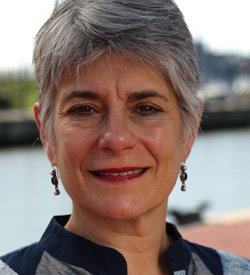 Jane Brown has over 20 years experience in development communication and production, with an emphasis on gender, HIV and AIDS, adolescent reproductive health and malaria, as well as program management and mass media. Areas of expertise include developing social and behavior change communication (SBBC) strategies, radio distance learning programs, video production, and community based media approaches. She was one of the principle innovators of the African Transformation methodology which enables women and men to explore underlying gender barriers and develop realistic solutions to practicing positive health behaviors and a key member of the Go Girls! team, a special Pepfar initiative addressing girls’ vulnerability to HIV in 3 countries. As Team Leader, she currently oversees the regional Mano River Program as well as Pakistan.
Jane Brown has over 20 years experience in development communication and production, with an emphasis on gender, HIV and AIDS, adolescent reproductive health and malaria, as well as program management and mass media. Areas of expertise include developing social and behavior change communication (SBBC) strategies, radio distance learning programs, video production, and community based media approaches. She was one of the principle innovators of the African Transformation methodology which enables women and men to explore underlying gender barriers and develop realistic solutions to practicing positive health behaviors and a key member of the Go Girls! team, a special Pepfar initiative addressing girls’ vulnerability to HIV in 3 countries. As Team Leader, she currently oversees the regional Mano River Program as well as Pakistan.
 Myra Betron has 14 years of international experience managing and implementing programs on gender and sexual and reproductive health, always bridging research and policy with program implementation. As the Director for Gender at Jhpiego, she is leading the integration of strategies to promote gender equity in Jhpiego’s programs worldwide, including the USAID Maternal Child Survival Program. She began her career at the World Bank as coordinator of capacity-building pilot projects on violence against women and male involvement in reproductive health for health care providers in Bolivia, Honduras and Nicaragua. She then applied her knowledge and understanding of the needs of women experiencing violence as a Gender Specialist at the Health Policy Initiative and then at the International Center for Research on Women and subsequently, as Sr. Technical Advisor for Gender on EngenderHealth’s CHAMPION project, a USAID-funded HIV prevention project, in Tanzania. Highlights of Myra’s work at these organizations include: developing advocacy tools, program guidance, and case studies on gender-based violence; designing and managing gender norms changing interventions for HIV and GBV prevention, including an award-winning mass media campaign in Tanzania; implementing pilot projects to inform many of USAID’s guidelines and approaches to programming directed at gender-based violence. Myra has done gender work 17 countries across Africa, Asia and Latin America.
Myra Betron has 14 years of international experience managing and implementing programs on gender and sexual and reproductive health, always bridging research and policy with program implementation. As the Director for Gender at Jhpiego, she is leading the integration of strategies to promote gender equity in Jhpiego’s programs worldwide, including the USAID Maternal Child Survival Program. She began her career at the World Bank as coordinator of capacity-building pilot projects on violence against women and male involvement in reproductive health for health care providers in Bolivia, Honduras and Nicaragua. She then applied her knowledge and understanding of the needs of women experiencing violence as a Gender Specialist at the Health Policy Initiative and then at the International Center for Research on Women and subsequently, as Sr. Technical Advisor for Gender on EngenderHealth’s CHAMPION project, a USAID-funded HIV prevention project, in Tanzania. Highlights of Myra’s work at these organizations include: developing advocacy tools, program guidance, and case studies on gender-based violence; designing and managing gender norms changing interventions for HIV and GBV prevention, including an award-winning mass media campaign in Tanzania; implementing pilot projects to inform many of USAID’s guidelines and approaches to programming directed at gender-based violence. Myra has done gender work 17 countries across Africa, Asia and Latin America.
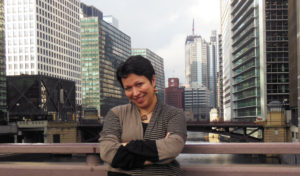 Dr. Nassim Abdi is an educator and scholar-activist. After completing a degree in journalism at the University of Tehran, she moved to the United States in 2003 and embarked on an International Education Policy doctoral program at the University of Maryland, College Park. Upon graduating with a focus on social justice and alternative education, Nassim taught a variety of humanities subjects such as international studies and women’s studies at Indiana University. While teaching at the university, she helped carry out a survey of 100 faculty, students and department chairs. The survey confirmed what she had suspected all along – that universities across the United States lacked visual educational materials featuring the views of grassroots activists on important global issues. To address this need, Nassim co-founded Docademia LLC, a social enterprise which takes the messages of activists from around the world and uses them as seeds for educational discussions in classrooms. Currently, Nassim teaches an online course on Women’s Health Issues to a group of Public Health and Nursing students at Worcester State University, and experiments with using social documentaries in mainstreaming gender on health issues.
Dr. Nassim Abdi is an educator and scholar-activist. After completing a degree in journalism at the University of Tehran, she moved to the United States in 2003 and embarked on an International Education Policy doctoral program at the University of Maryland, College Park. Upon graduating with a focus on social justice and alternative education, Nassim taught a variety of humanities subjects such as international studies and women’s studies at Indiana University. While teaching at the university, she helped carry out a survey of 100 faculty, students and department chairs. The survey confirmed what she had suspected all along – that universities across the United States lacked visual educational materials featuring the views of grassroots activists on important global issues. To address this need, Nassim co-founded Docademia LLC, a social enterprise which takes the messages of activists from around the world and uses them as seeds for educational discussions in classrooms. Currently, Nassim teaches an online course on Women’s Health Issues to a group of Public Health and Nursing students at Worcester State University, and experiments with using social documentaries in mainstreaming gender on health issues.
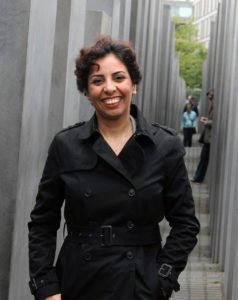 Leila Mouri teaches sociology at Hudson County Community College in New Jersey. She moved to New York in 2008 to pursue her studies at Columbia University, focusing on issues of gender and sexuality. Previously, she earned her MA in History from Royal Holloway, University of London where she was also awarded a Chevening Scholarship. Leila joined Docademia as a co-founder, bringing a unique background in international and transnational grassroots activism as well as a rich academic knowledge in the social sciences and humanities. During her studies at Columbia, Leila taught a variety of courses including Cultural Theories, Colonialism, and Persian Language. She also taught online courses on Women and Media. Due to the nature of her work, she has participated as a civil society member in several capacity-building projects. She believes firmly in Docademia’s mission to introduce an alternative image of underrepresented cultures and communities to academia.
Leila Mouri teaches sociology at Hudson County Community College in New Jersey. She moved to New York in 2008 to pursue her studies at Columbia University, focusing on issues of gender and sexuality. Previously, she earned her MA in History from Royal Holloway, University of London where she was also awarded a Chevening Scholarship. Leila joined Docademia as a co-founder, bringing a unique background in international and transnational grassroots activism as well as a rich academic knowledge in the social sciences and humanities. During her studies at Columbia, Leila taught a variety of courses including Cultural Theories, Colonialism, and Persian Language. She also taught online courses on Women and Media. Due to the nature of her work, she has participated as a civil society member in several capacity-building projects. She believes firmly in Docademia’s mission to introduce an alternative image of underrepresented cultures and communities to academia.
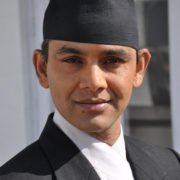 Govinda Nepal is an award-winning documentary film director and producer, TV Journalist, and a noble poet writer. He has directed over 30 documentary films and also has produced five personal documentary films as an independent filmmaker. With these personal films, he won seven national and international film awards. He also worked as a television broadcaster trainer at the Nepal National Television Station. He has produced documentaries that aired on weekly TV shows; these were based on architecture, interior designing, and landscaping. He is presently working as a program director at Kantipur Television which is one of the leading TV stations in Nepal. Additionally, he is the secretary of the Nepal Independent Filmmaking Society and uses his documentaries as a form of activism for water conservation and the environment.
Govinda Nepal is an award-winning documentary film director and producer, TV Journalist, and a noble poet writer. He has directed over 30 documentary films and also has produced five personal documentary films as an independent filmmaker. With these personal films, he won seven national and international film awards. He also worked as a television broadcaster trainer at the Nepal National Television Station. He has produced documentaries that aired on weekly TV shows; these were based on architecture, interior designing, and landscaping. He is presently working as a program director at Kantipur Television which is one of the leading TV stations in Nepal. Additionally, he is the secretary of the Nepal Independent Filmmaking Society and uses his documentaries as a form of activism for water conservation and the environment.



